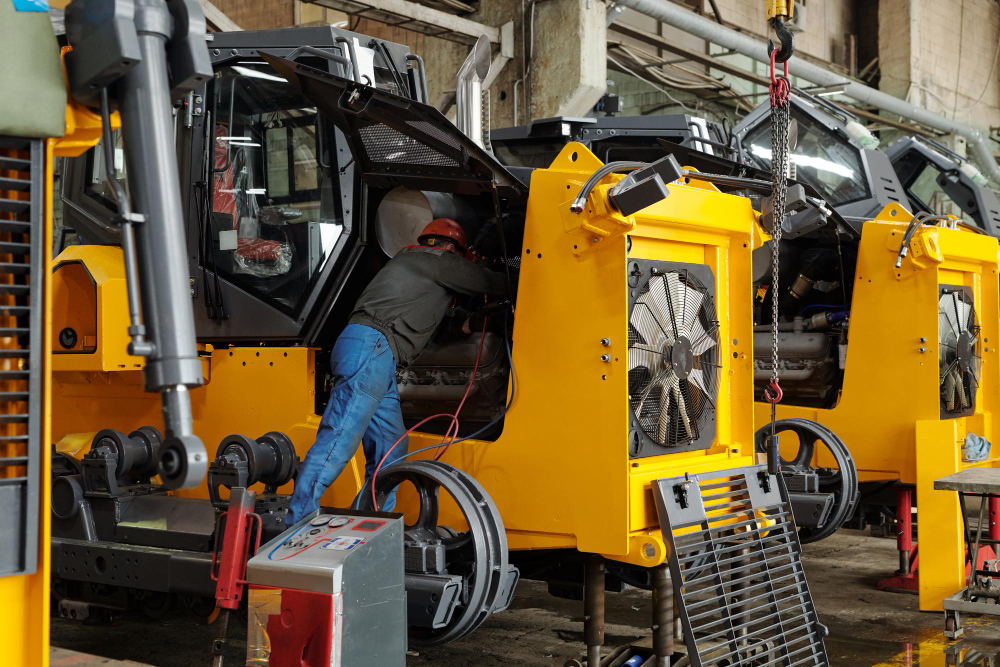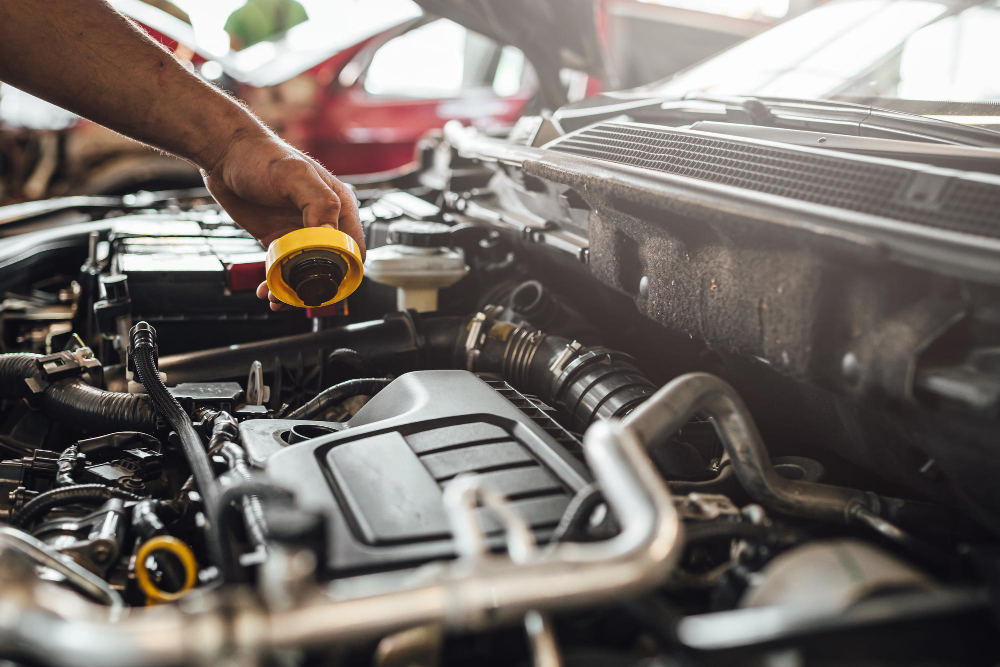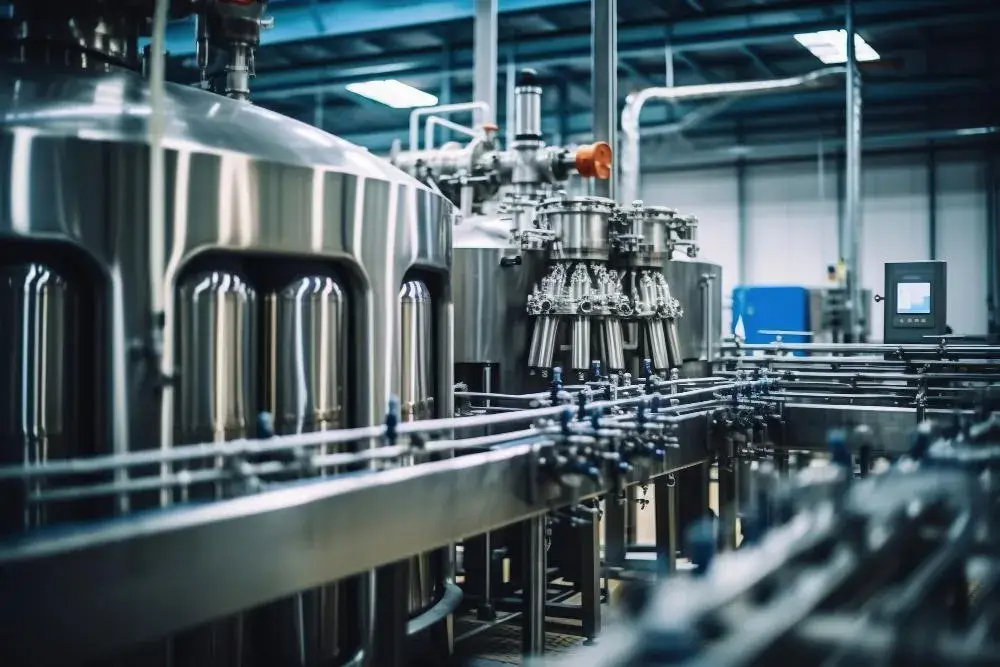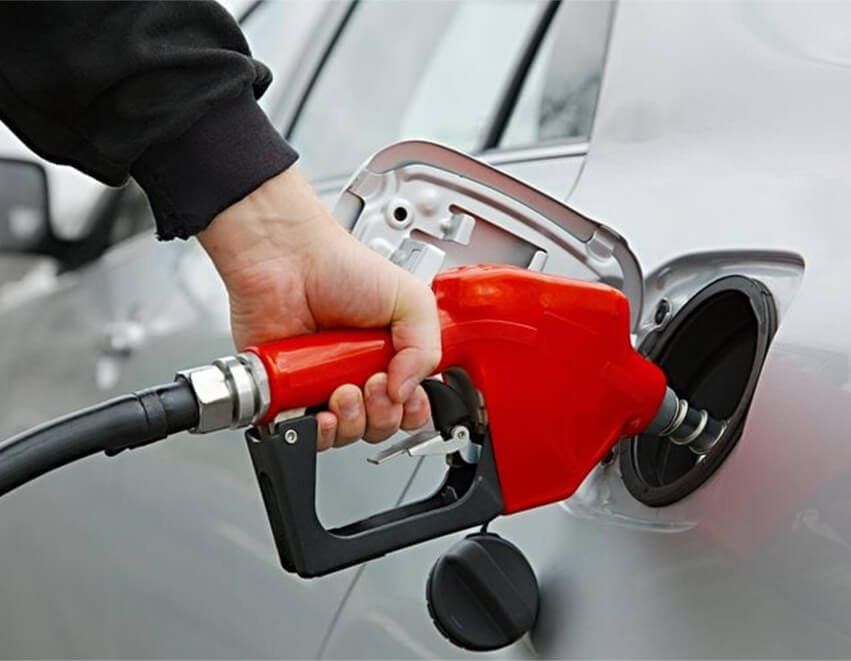From ocean liners to candy packaging equipment, lube meters accurately dispense lubricants across virtually every industry. Discover their key applications in manufacturing, automotive, marine, and food processing.
From massive ocean liners to candy packaging equipment, lube meters accurately dispense lubricants across virtually every industry. Metering pumps, grease guns and centralized systems each suit different uses ranging from automotive shops to food plants.
1. Manufacturing uses include assembly lines and machining
2. Vehicle service centers lube chassis, bearings, and more
3. Marine applications span engine rooms to deck equipment
4. Food/beverage processing utilizes sanitary lube meters
Let’s explore the applications of lube meters in different sections!
Here are the major lube meter application categories.

Manufacturing facilities install metering systems directly on production equipment. Presses, conveyors, packaging machines, and more benefit from automated lubricant dispensing matched to runtime hours. This prevents under- or over-greasing bearings and joints. Central pumping stations also feed metering valves throughout plants.
Likewise, machine shops rely on metered supply to CNC lathes, mills, and grinders. Adequate lubri-coolant flow prevents overheating cutters and improves surface finishes. Lube meters permit adjustable flow rates tailored to each machine’s amperage load.
On construction projects, metered oil and grease guns handle everything from concrete mixer drum bearings to heavy excavator pins and pivots. Precision lubricant dosing brings efficiency to busy job sites with lots of equipment. Preset meter ratios also help prevent bearing contamination from excessive grease.

Service centers use metered grease guns for reliable chassis lubrication and suspension repairs. Technicians select the proper lubricant and dial in OEM-specified grease amounts for ball joints, u-joints, and wheel packings. Metered pumping simplifies tasks like brake lubrication prior to pad replacement.
Even oil change shops benefit from lube metering when topping off engines or greasing zerk fittings. Exact fill amounts prevent over or under-filling fluids while streamlining high-volume vehicle servicing.

On ships, lube meters deliver oil throughout enormous engine rooms. Monitoring systems also track consumption across multiple tanks. Deck equipment relies on metered lubricant for winches, cranes and propulsion drives operating in harsh sea conditions. Frequent preventative greasing preserves water seals on components.
Pleasure craft utilizes metered dose lubrication for steering system joints, propeller shafts, tilting mechanisms, and auxiliary equipment. In saltwater environments, accurate re-greasing keeps components corrosion-free. Multi-point oil injection meters also feed two-stroke outboard motors.

Sanitary lube meters service production equipment across food and beverage facilities. Stainless steel pumps and reservoirs withstand daily washdowns while preventing lubricant contamination, and sealed gearboxes protect oil dispensing mechanisms from moisture and debris.
Precision metering sets proper lubricant levels on conveyor bearings, rotary tables, labelers, and filling machines. This safeguards smooth operation and long equipment life despite punishing workloads. USDA-approved lubricants and epoxy-sealed motors suit stringent hygiene regulations.
As we’ve seen, lube metering spans far more than just factories and machine shops. Correct lubrication protects equipment investments across many industries – and metered delivery provides accuracy and efficiency.
For expert guidance in selecting specialized lube metering solutions, turn to Aocheng Group and our extensive product range.




